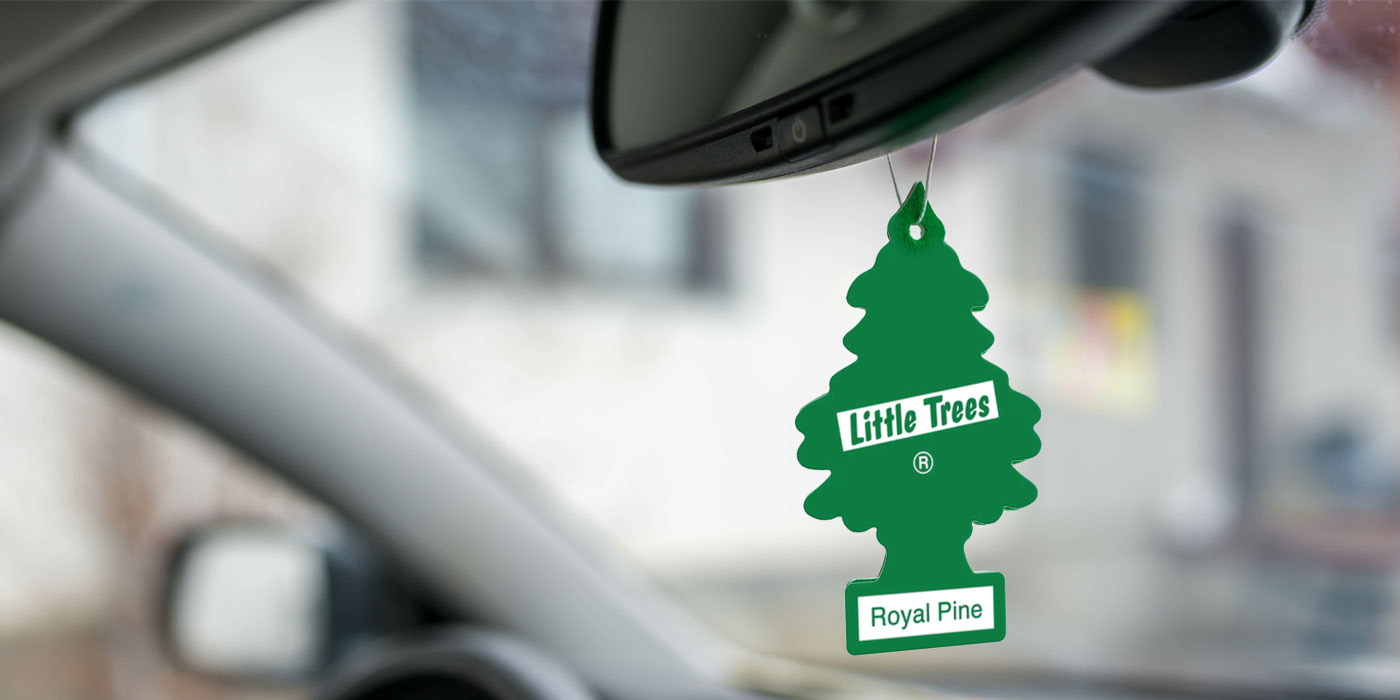When you start a new job as an employee, you’re usually given time to acclimate to your new situation. Expectations are tempered – somewhat, at least – until you know your way around the shop.
Counter that with being the boss. You don’t have time to LEARN the job – you have to DO the job, handling every pressure imaginable at 7 a.m. on Day One.
How can you prepare for success when you’re simply trying to survive as a business owner?
Many of you have told me your success story and, in some cases, you’ve said it’s more like a horror story. You have always liked working on cars, so you took a job at a local garage where you did just that – fix cars – for several years.
Eventually, either due to chance or luck or hubris, you were given the chance to take over the business. How much harder could it be to go from the shop to the counter? You had been watching the boss deal with customers for years and you are definitely smarter than him!
Of course, as with any good story – Hollywood rom com or Grimm’s Fairy Tale – the hero usually comes up against some daunting obstacle. How you battle through adversity tells the rest of the story.
Many of the stories you’ve shared with me have been turned into our ShopOwner cover profile features over the past couple of years. They’ve been inspirational, they’ve been amazing and, frequently, they’ve been hilarious. Hearing about the challenges you’ve faced have helped guide the editorial direction of this magazine and our accompanying newsletter, videos and websites. One thing has been made clear – you don’t have to do it alone.
Luckily, resources are out there to help you maintain your focus and maximize your efforts. I was talking recently with regular ShopOwner contributor Vic Tarasik and coaching veteran Murray Voth about 20 Groups, and while I grasped the concept, I really didn’t understand the value that mentors could add to a shop’s success.
In actuality, a 20 Group is composed of non-competing shop owners who meet regulary to offer advice and support in order to help improve the professionalism and profitablity of each shop.
Many shop owners, explain Vic and Murray, have never experienced the 20-Group process and don’t realize what they are missing. They believe they’re going through these battles by themselves for the first time.
The two will tag-team on a 20 Group discussion during a special workshop at the upcoming AAPEX 2022 in Las Vegas. “What is a 20 Group And Why Should I Care,” is being presented to showcase the impact and power of peer support, as well as the value of the knowledge and guidance of a coach! Intended to be a fast-paced, fun, and information-packed session, participants and observers will receive real-world training, analysis, and discussion of actual shop numbers and key performance indicators, and conclude with creating action plans that will ensure participants achieve the results they expect.
“To realize that they’re not alone, that they’re not the only ones experiencing something, can be an amazing feeling,” says Murray. “To know that several other people like you have walked through the same valley and come out the other end successfully can be liberating.”
I’ve said it before and I’ll say it again – we’re all in this together and the more we share, the more we learn. To learn more, visit AAPEXShow.com.














I once worked with a Romanian technician named Alex. He was a tiny guy who chain-smoked. His greatest fear was not a totalitarian dictator. It was fire and falling cars.
Back in those days, we used drop lights with incandescent bulbs. This was long before LEDs and rechargeable batteries. The bulbs would typically stop working when they were lightly jostled. If they were dropped, the glass bulb would shatter.